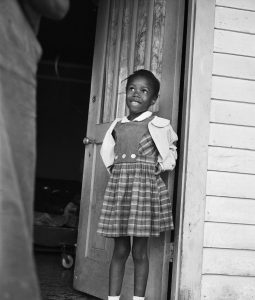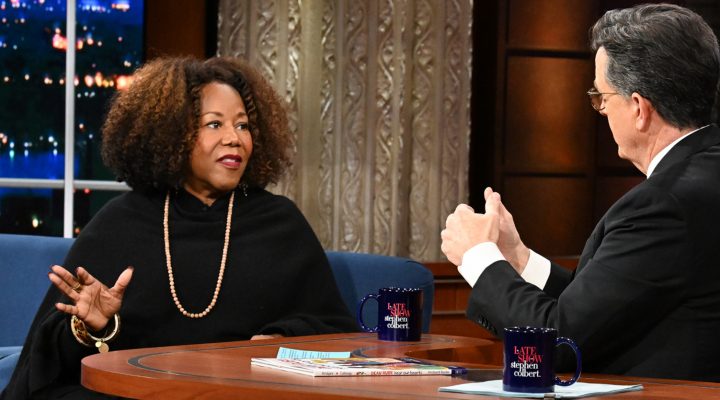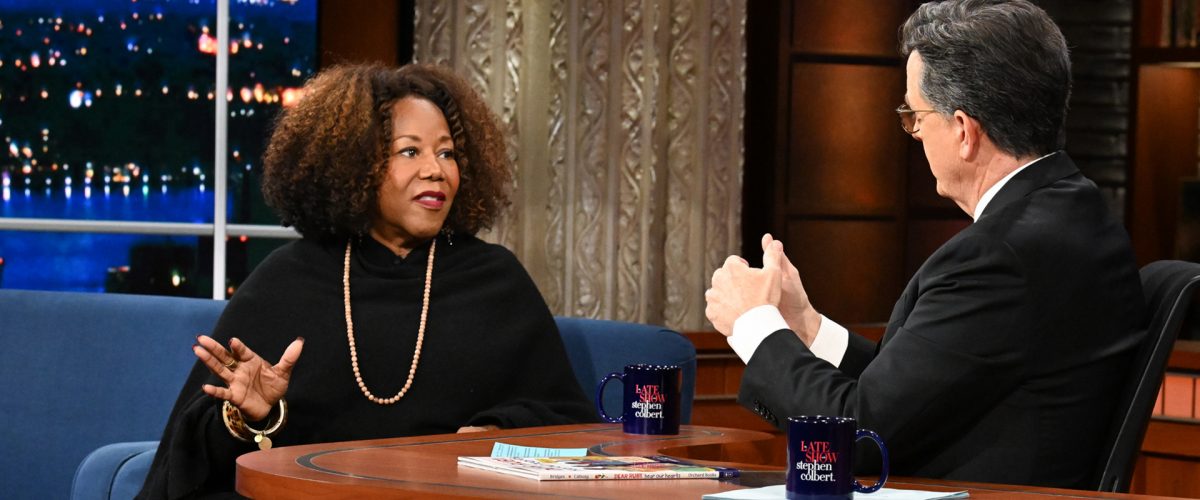Sixty years ago this year, I experienced a profound sense of “Christian comeuppance,” at a student-oriented retreat sponsored by Broadway Baptist Church in Fort Worth, Texas.
It was my first semester at Texas Wesleyan College (now University), and the retreat was intended to help us confront certain gospel imperatives raised by the so-called “New Morality and Situation Ethics, a shift in cultural values and morals” that was reshaping human relationships in the turbulent 1960s. That topic, at once controversial and titillating, set the stage for issues we continue to debate decades later.

Bill Leonard
The speaker was J.P. Allen, pastor of Broadway Church, who began by noting that while the “New Morality” wasn’t all that new, it required us to revisit subsequent dilemmas related to sex, dating, sex, Christian values, sex, gospel ideals and, of course, sex. When his presentation ended, Allen asked for questions and I bounded to my feet, full of adolescent testosterone and evangelical zeal, both of which can get you killed.
“Well,” I said triumphantly, “I find that if we just trust Jesus, and walk with him daily, God will take care of all these moral issues.”
J.P. Allen set his jaw, looked straight into my post-pubescent eyes and responded, “Young man, everything I have said for the last hour was an attempt to avoid that kind of glib, simplistic Christianity.”
I cannot adequately explain it even now, but in the complete comeuppance of that moment, I was both undone and began a journey toward re-formation. The facile Christianity I’d appropriated fell apart when confronted with tough questions, complex choices and the holy candor of J.P. Allen.
Sixty years later, I continue to count that event as a transformative gospel comeuppance, compelling me to wrestle with the inescapable paradoxes of moral, spiritual and, indeed, human life. Such comeuppance is a painful and poignant teacher that sometimes marks the beginning of real learning and healthy self-examination. Sooner or later, some form of comeuppance finds us all.
“Sooner or later, some form of comeuppance finds us all.”
Vocabulary.com says comeuppance “describes a fate or punishment that’s deserved,” adding, “You can picture an accused person approaching a judge, or ‘coming up’ to the front of a courtroom. Guilt, innocence — comeuppance can be either, and it can apply to things beyond the justice system. Nowadays you’ll most likely hear this word describe something bad.”
While comeuppance can be redemptive, it also can evolve into gloating at the ills that befall our real or perceived enemies. Discerning our own comeuppances (I’ve had many) seems far more instructive than exulting over those that strike in people with whom we disagree, satisfying as that may sometimes seem.
At the 1964 retreat, J.P. Allen was the instrument of my comeuppance, and I am forever grateful. Years later, I recounted the story in a sermon preached at Broadway Baptist Church, not knowing until after the service that he was present, and offering me opportunity to thank him personally, a memory I continue to treasure.
Few of us, saints included, can avoid comeuppance. The book of Acts says Saul, AKA Paul, AKA St. Paul, got his when, “still breathing threats and murder (does that phrase sound familiar in 2024?) against the disciples of the Lord,” he received permission “so that if he found any who belonged to the Way, men or women, he might bring them bound to Jerusalem.” While heresy hunting on Damascus Road, “suddenly a light from heaven flashed around him.” Acts says he heard a voice saying, “I am Jesus, whom you are persecuting.” Suddenly, comeuppance turned into conversion.
Next thing we know, Paul is writing, “There is no longer Jew or Greek; there is no longer slave or free; there is no longer male and female, for all of you are one in Christ Jesus.” Yet he also wrote: “Slaves, obey your earthly masters with respect and trembling, in singleness of heart.” That first-century admonition became proof text for perpetuating slavery and Christian racism. Comeuppance related to those issues remains elusive.

Ruby Nell Bridges at age 6, was the first African American child to attend William Franz Elementary School in New Orleans after Federal courts ordered the desegregation of public schools. (Getty Images)
Indeed, as Black History Month 2024 gets under way we are reminded that white comeuppance for centuries of racism was a long time coming, held at bay by slavery, Jim Crow, segregation, lynchings, the KKK and assorted biblical proof-texts, especially in the South. In fact, the continuing presence of white supremacy resists appropriate comeuppance at every turn.
Stephen Colbert’s recent interview with civil rights icon Ruby Bridges illustrates the point. Bridges was one of four African American children who were the first to integrate public schools in the United States. On Nov. 14, 1960, federal marshals escorted her to Frantz Elementary School in New Orleans. Three other Black students were taken to another elementary school in the city.
In conversation with Colbert, Bridges recalled being walked to school by federal officers every day for a year, protected from those who shouted obscenities and threats at the 6-year-old and her mother. Her father was fired from his job and the family was refused admittance at a nearby white-owned grocery. Bridges’ mere presence led white parents to pull their children out of the school, while teachers refused to participate in her education. Boston native Barbara Henry became her sole teacher/mentor, with the two of them alone in a classroom for the first year.
Ruby Bridges remains a powerful witness against racism. Now working through her own foundation, she also is the author of numerous books, many addressed to children, including Dear Ruby: Hear our Hearts. Her life surely has been a source of racial comeuppance for many white Americans in multiple generations. Yet Colbert reminded Bridges that last year there were 563 legislative measures aimed at restricting instruction on the history of race and racism in school systems throughout the country. He noted more than 300 books on race-related subjects have been removed from school libraries, often under the guise of protecting white children from feeling “uncomfortable.”
Are some white Americans so resistant to the reality of racism past and present as to attempt imposing a contrived comeuppance on African Americans for teaching the history of racism to new generations of students? Is the censoring of Black history yet another form of segregation in a society where white supremacy knows no repentance?
Ruby Bridges told Colbert: “None of our babies are born knowing anything about racism. Each of our babies is born into the world with a special gift, that’s a clean heart and a fresh start in life. We as adults, we take that away.”
She cited a statement on the back of her new book, “Racism is a grownup disease. Let’s stop using our kids to spread it.” The 6-year-old who integrated a New Orleans school all by herself is now in her 70th year, still an agent of gospel comeuppance for the rest of us. Perhaps that’s a “new morality” we could all use.
Bill Leonard is founding dean and the James and Marilyn Dunn professor of Baptist studies and church history emeritus at Wake Forest University School of Divinity in Winston-Salem, N.C. He is the author or editor of 25 books. A native Texan, he lives in Winston-Salem with his wife, Candyce, and their daughter, Stephanie.


